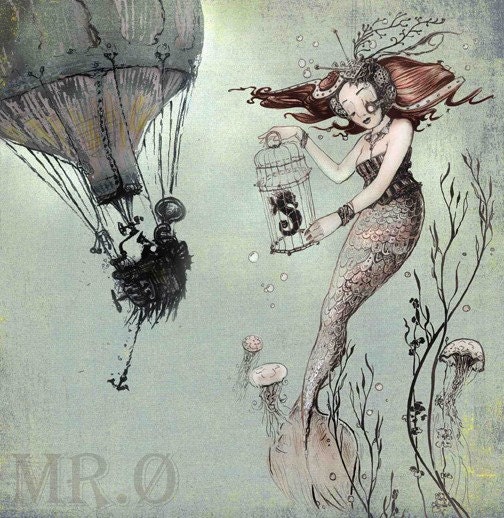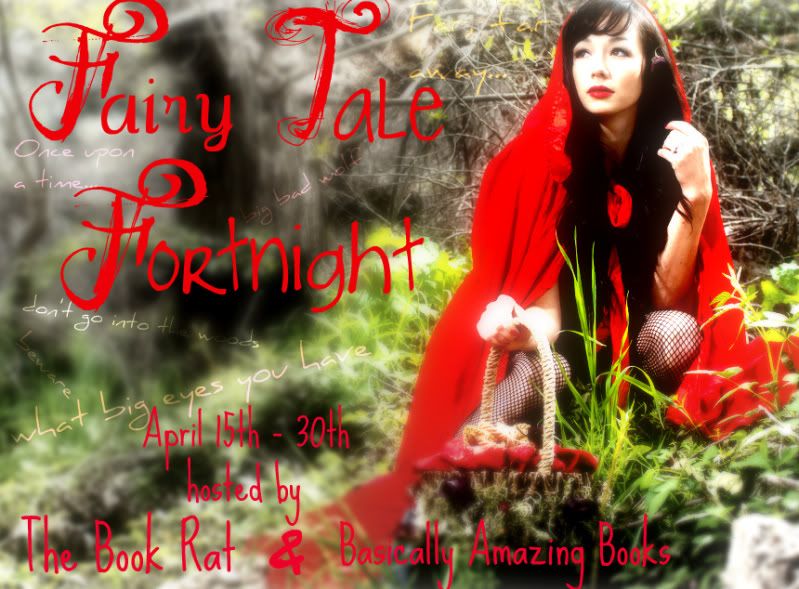WE WON!!!!!!!!!!!!!!
Ahem.... So in my last post I talked about what I'd been up to, and one of those things was the 48HFP. Now I love 48. I've been competing for four years. I have a great team. We made a great film that we loved. But we never thought, in our wildest dreams, that this would happen.
This program has been brought to you by Migty-O's!
We won 10 of the 17 awards*, including Best Overall. Which means, our cheese ball little sci-fi adventure serial will not only be shown at the New Orleans Film Festival (holy moly! And we're in Louisana Shorts 2 *cough*) but we'll be competing against all the best of's at Flimapalooza in Los Angeles! We have no expectations of winning, but are just excited to be grouped with the best of the best - to say, we were there among the greats. It's so amazing.
I am also personally honored because we won Best Director. I totally teared up when I heard my named called for that. I'm still stunned.
I also learned sooo much from this year's competition. I watched every film this year, finally being able to make it out to all the screenings. And I will say, that there were some really fabulous films. Makes it even more astonishing to us to be ranked with those other wonderful filmmakers.
This is my 4th year doing 48HFP, and every year I learn something about film making and myself. I learn how to do something, and take all the things I did wrong in the past and chuck them out the window so I can make new mistakes.
Which leads me to something I never thought I learned about 48: how to make a winning 48.
1. Don't make a film to win; make the film you want to make.
Long before there were even nominations for awards, my team and I were proud of our 8 minute flick. Why? Because no matter what happened, we loved our film. We were proud of it, and we never once thought about "winning" while we were making it.
So, Friday night I pulled the genre "romance," and cringed. We talked about genres to throw back, and romance didn't make the list. We weren't afraid of romance (we were afraid of drama), but we weren't enamored with it either. Kirk insisted I text the group and ask them if I should throw back the genre. It was unanomous. Throw it back. A romance was not the film we wanted to make. And I'm so glad we did, because our 2nd choice was what I pulled - Adventure Serial. I screamed yes! and high-fived Kirk, and drew the attention of every remaining team (probably wondering what we were so happy about).
We were so happy because we were going to make the film we wanted to make. And everyone on our team felt the same way. All the pieces floated together. Everyone was stoked. It was magical. And not once did we ever think about awards or winning. It didn't matter, and we didn't care.
We didn't make any choices for our film thinking, we might win this award if we did this. Winning never matter, though, we all admitted it would be really nice.
Yes, that is random sheets of black fabric being hung over cardboard with some Xmas lights.
2. Don't let your equipment stop you.
Okay, I'll be the first to admit we have some decent equipment, and some crappy equipment. We're real middle of the road when it comes to that. SO MANY teams had fabulous equipment. I'm talking RED EPICS (cameras that cost more than my yearly salary). They had cranes and real equipment! They had people that weren't ghetto rigging the tripod so the camera didn't fall off! (*cough*cough*)
We knew this going in. We knew this throughout from various tweets. While I moaned and lamented that I wanted a RED, I knew I wasn't going to have one. I also didn't let it intimidate me. I'd seen so many people with expensive equipment turn out crap in film school because they didn't know how to use it. Just because someone uses really good equipment doesn't mean their film is automatically good. If that were true, there would never be any breakout indie success. The Blair Witch Project and Paranormal Activity would not have been the successes they are. Videos shot on cell phones would never go viral.
Equipment only enhances a project. It doesn't make or break one.
And some how, with our mediocre equipment, we nailed some technical awards. (Really? How'd we end up with Sound Design?) So yeah, bigger doesn't mean better. Don't let something as silly as equipment keep you from making the film you want to make.
Editor, DP, and Husband serving writers surprise finger sandwiches in his snazzy apron just to get a laugh.
3. Have fun.
Ok, this sounds ridiculious, but I've consistantly done one thing every year - have fun. I love 48hfp. I have so much fun doing it. I partcipate with predominately non-film people. We giggle, push ourselves, and make something just because we want to. We do it for the love, and for the fun.
Sunday afternoon, while people hang out on the couch waiting to actually see what we've filmed, I get comments like: "I can't wait for next year." "So, are gonna continue this as a web series? Cuz I'd be down replaying my role."
I get so many people coming back to be a part of the team year after year because, bottom line is, we have fun. In the end, it doesn't matter if we win or lose. If we make a good film or not. It's the act of doing it, and doing it together, and having a good time that makes this all worth while. I don't understand the people at the kick off who stand there going "every year I say this is the last, but I somehow find myself back here." Because every year I say, "Is it 48 yet?"
When I told my friend that we'd won, she said, "Guess that means your the team to beat next year." I laughed. I'd never gone into 48hfp trying to beat the winning team. (I'll admit, I do have some imaginary grudges of people I'd like to beat just because.) Instead, I go in in thinking the only people I have to do better than is us. Every year we want to grow and improve and have fun doing it. Would I like to win again? Hell yes. Do I expect to or make that a priority to us? Absolutely not.
Next year, I expect everyone to be gunning for us, and I say great. If I can inspire someone to make a great 48hfp, then I feel accomplished. And if we can do better than this year, then even better! Maybe we'll win again (a first in our city). But honestly, I don't care. As long as I get to keep doing what I've been doing.
And I just hope, that next year, we pull Western/Musical.




.JPG)


.JPG)




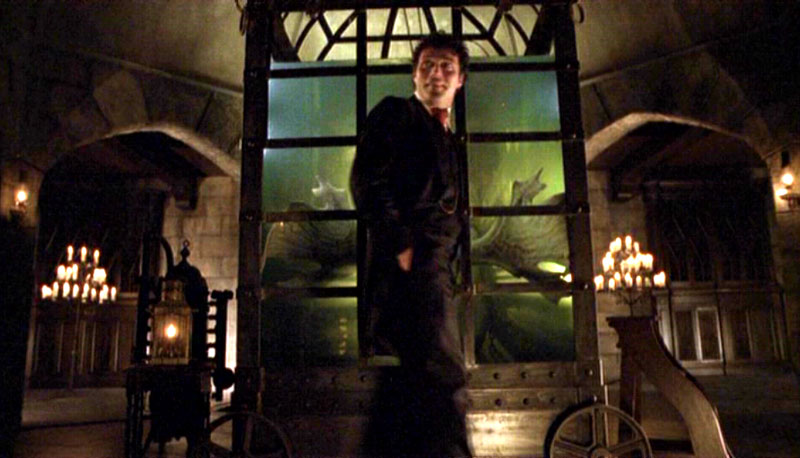
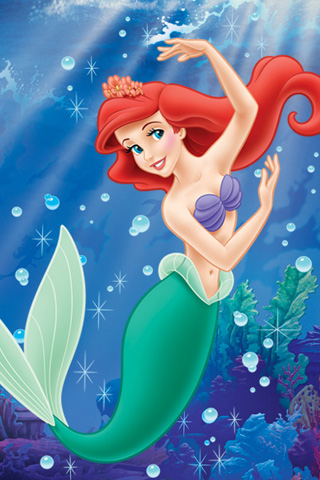
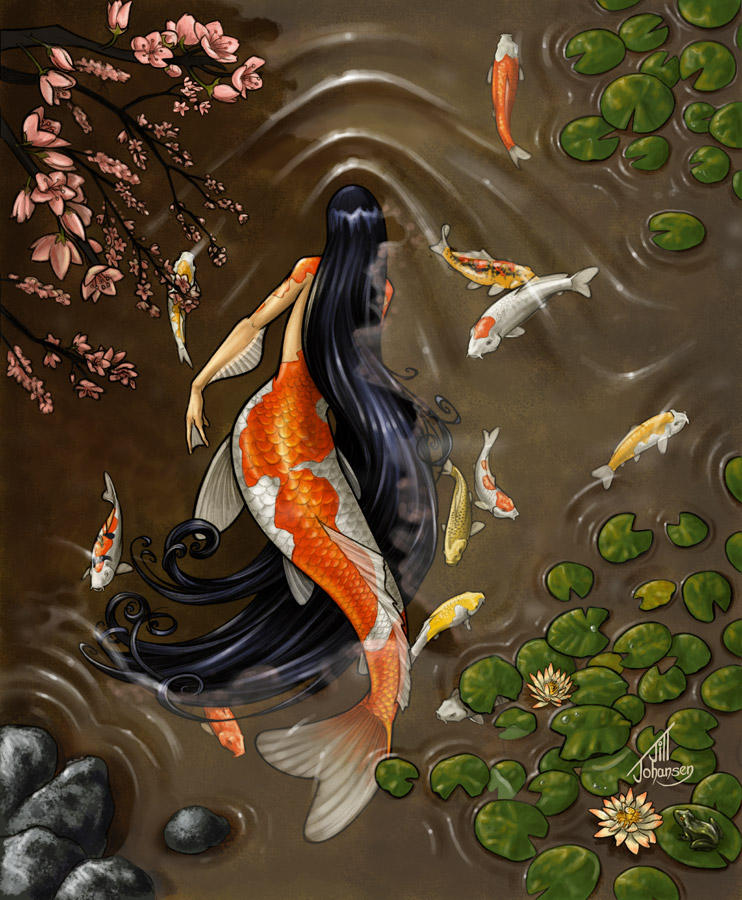


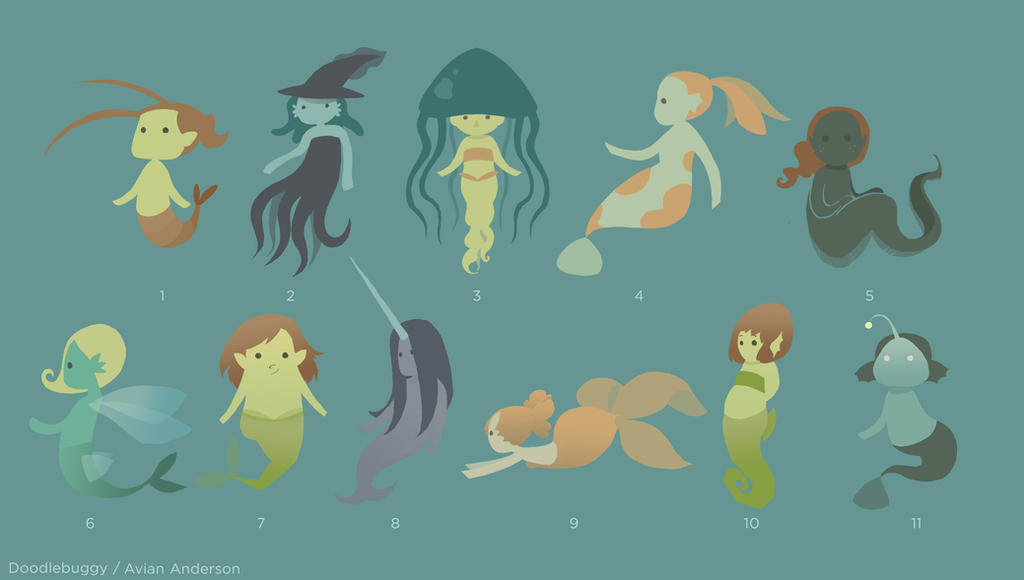





.JPG)



.JPG)


